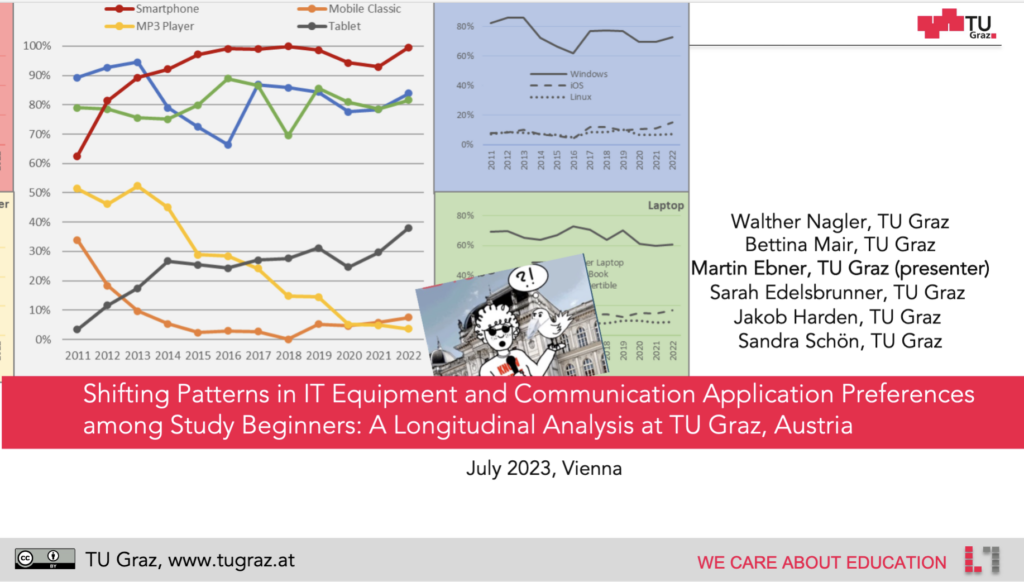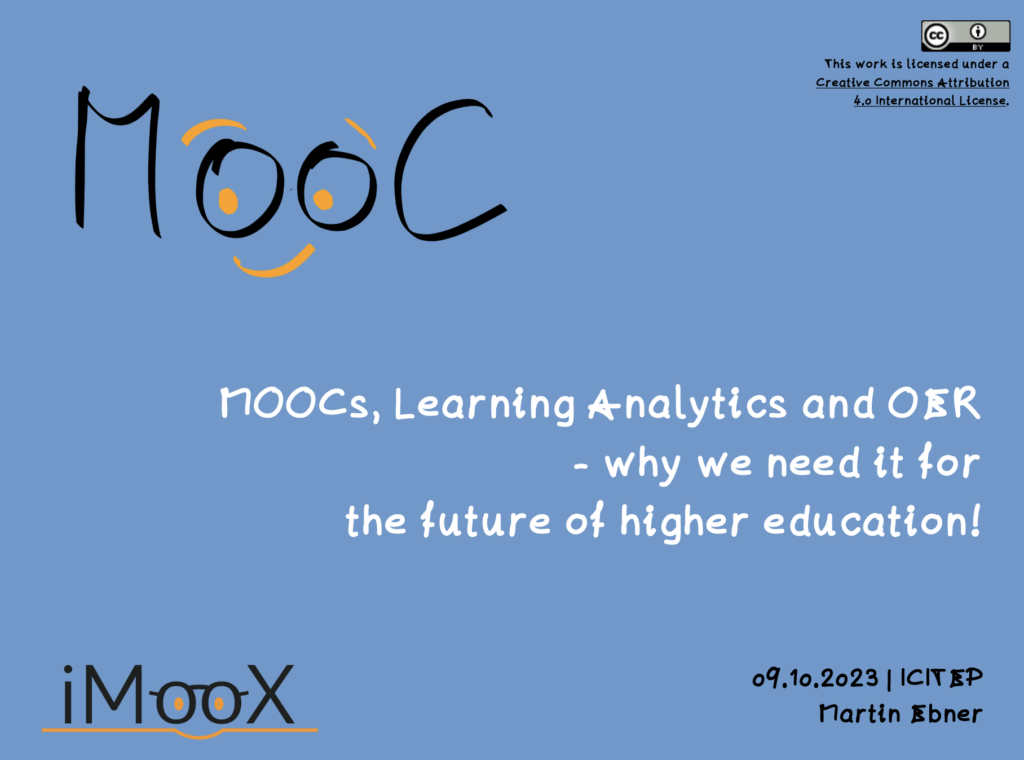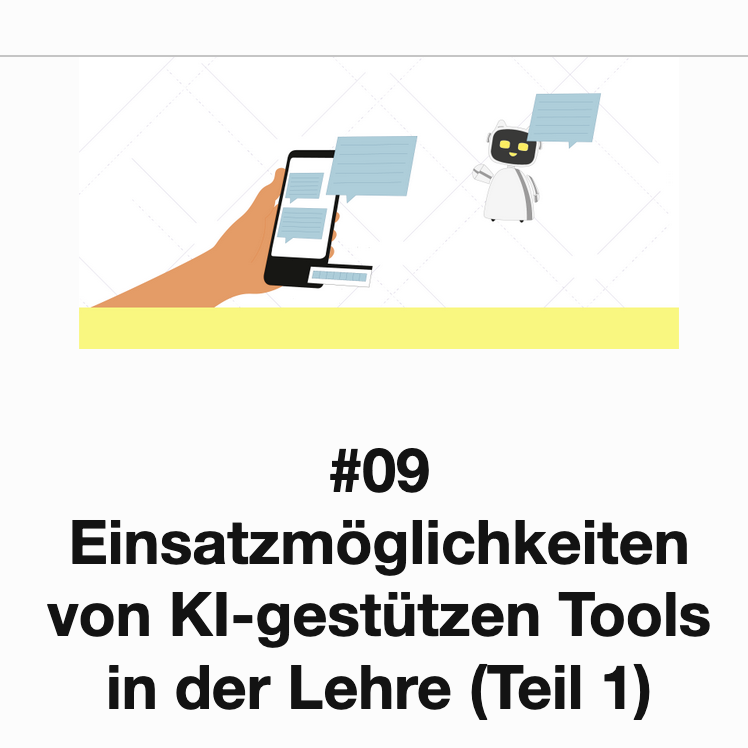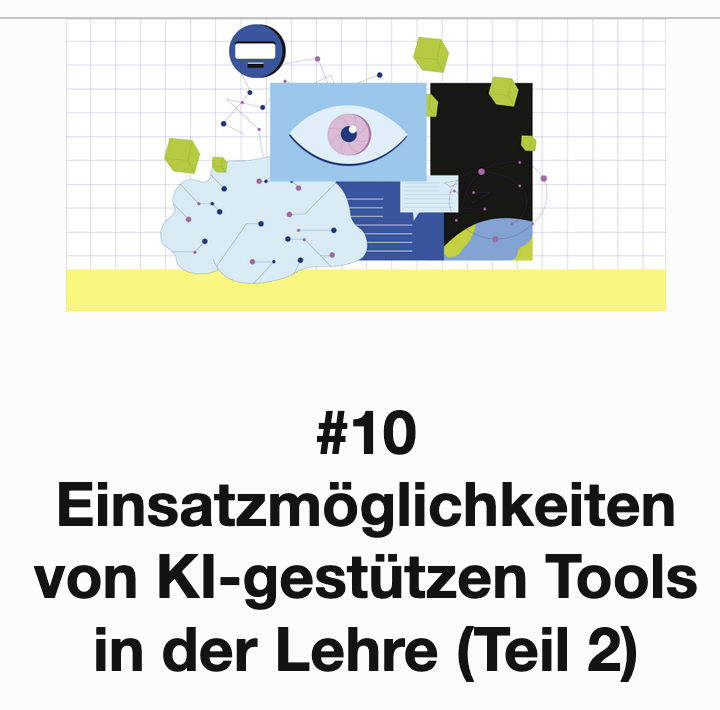Our conference paper, titled „Practitioner Integrated Education for Vital Computational Thinking Skills„, at EDMedia and Innovative Learning 2023 conference in Vienna is published.
Abstract:
The leap from formal education to a modern work environment is often surprisingly difficult. Having young people struggle in these transitional periods while entrepreneurs and businesses strive to merge new team members is a worthy cause to investigate. The process of teacher education can not adequately cope with the intensity of technological and methodological progress. Based on expert-driven, participatory workshops in Austria, the effects and benefits of practitioner integration are evaluated. In multiple stages based on an action research methodology, the problem-solving approach of Computational Thinking (CT) was introduced to learners aged 16 to 18 (K-12) with the help of outside practitioners. This research project reveals the immense potential of expert integration in a secondary school classroom setting. The primary research question of “What consequences has practitioner integration on Computational Thinking education?” is answered. With the development of sustainable, interdisciplinary interfaces between teaching staff and industry experts a multitude of systemic problems in the educational system can be mitigated and the missing link to Computational Thinking education established. With all involved stakeholders and driven by the needs of young learners a robust and inclusive path to practitioner integrated Computational Thinking education is established.
[draft @ ResearchGate]
[article @ conference’s homepage]
Reference: Pollak, M., Ebner, M. & Sagbauer, N.N. (2023). Practitioner Integrated Education for Vital Computational Thinking Skills. In T. Bastiaens (Ed.), Proceedings of EdMedia + Innovate Learning (pp. 593-602). Vienna, Austria: Association for the Advancement of Computing in Education (AACE). Retrieved August 31, 2023 from https://www.learntechlib.org/primary/p/222704/.






